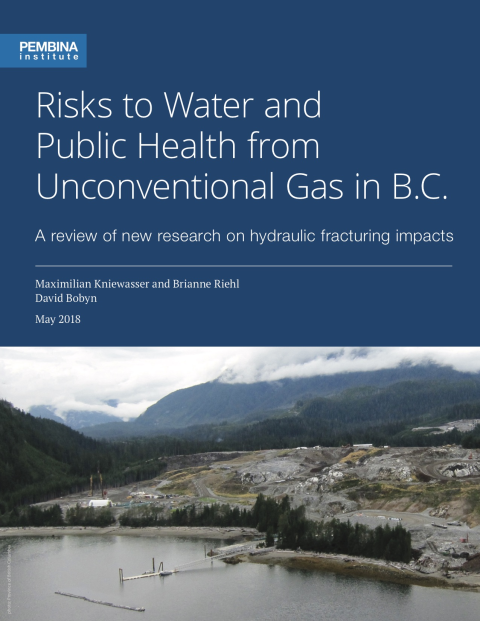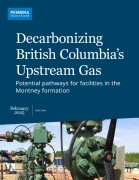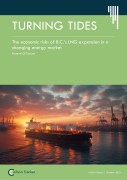Due to the rapid proliferation of unconventional natural gas development across North America, scientific research investigating its potential impacts has lagged behind development, with British Columbia particularly lacking in relevant studies. However, a recent surge in literature, mostly focused on the United States, has demonstrated evidence of risks posed by hydraulic fracturing to water resources and public health.
This paper explores this literature and, given these recent findings, cautions against the assumption that the risks posed by unconventional natural gas development to B.C.’s water resources and communities have been fully addressed. It highlights three key points:
- Evidence is inconclusive that the process of hydraulic fracturing itself risks water contamination and public health; rather, it is the management of unconventional natural gas activities and handling of wastewater that is the main concern. Proper management of wells and produced water is key to minimizing risk.
- Known contamination risks, therefore, depend mainly on management (not on geology of the target formation or hydrology of the region). Although regulation of these pathways does vary by jurisdiction, unconventional natural gas development in B.C. exists in a comparable regulatory environment to other North American jurisdictions.
- Available studies conducted outside of B.C. can be used to inform unconventional natural gas development in the province. The authors encourage B.C.’s Scientific Hydraulic Fracturing Review Panel to consider this broader literature and to pay specific attention to issues relating to management of wastewater and other operational practices. Furthermore, we encourage scientists, industry, and regulators to act quickly to fill data and knowledge gaps and to exercise prudence with regard to future development.
The Pembina Institute wishes to thank the Real Estate Foundation of B.C., Sitka Foundation, and North Growth Foundation for their generous support of our work.





